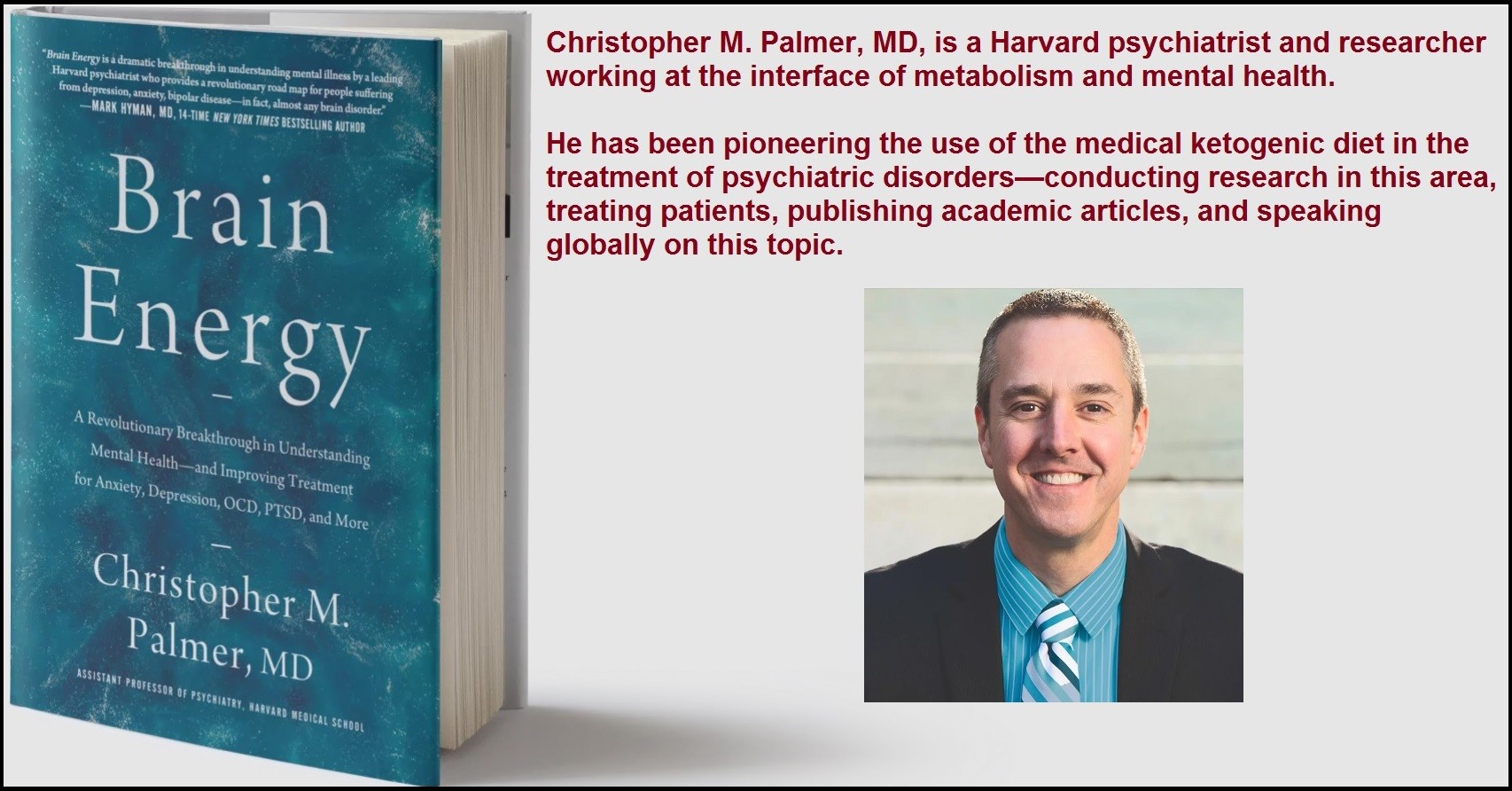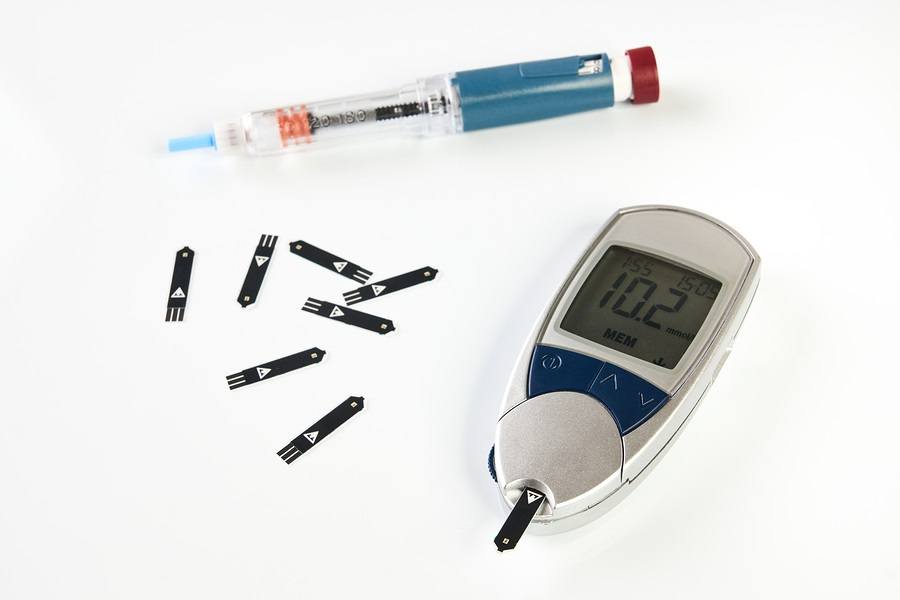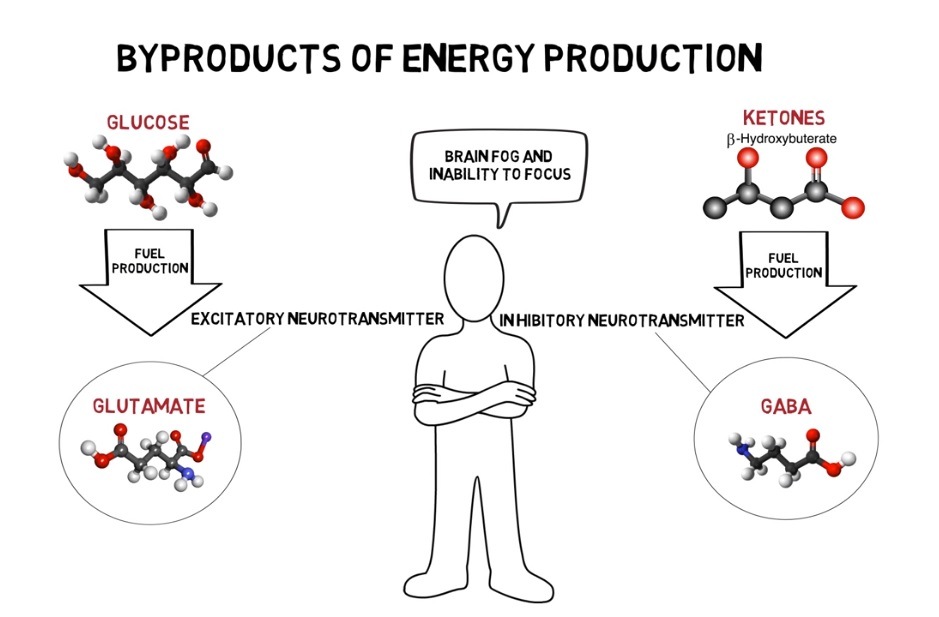The High Fat Low Carb Ketogenic Diet is Curing Schizophrenia and Other “Mental Diseases” while Eliminating Dangerous Psych Drugs
The ketogenic diet was developed at Johns Hopkins hospital in the 1920s as a natural cure for epilepsy, when drugs failed. It is a high fat diet restricting carbohydrates. The diet fell out of favor during the anti-saturated fat campaign started in the U.S. and codified into official government dietary advice in the 1970s as a result of the McGovern Report. “Saturated fat is bad” is still official government dietary policy today, due to the influence of the vegetable oil industry which produces their products from the highly subsidized corn and soybean crops, and also due to Big Pharma's totally debunked junk science that claims cholesterol is bad, and needs to be kept low artificially through cholesterol-lowering drugs to prevent heart disease. If you search for "ketogenic diet" on Health Impact News, you will find over 130 articles documenting how this diet cures many modern diseases, with plenty of testimonials as well. We have also published almost 700 articles exposing the cholesterol myth. A survey of the peer-reviewed scientific literature was published in 2013 regarding the Ketogenic Diet which showed how this diet was curing "Diverse Neurological Disorders". In more recent years, there have been many new studies examining the effects of a high fat low carbohydrate diet on treating most "mental diseases", including helping people with "mental disease" diagnoses wean themselves off of the highly toxic and dangerous psych drugs. The leading researcher in much of this is Dr. Christopher M. Palmer, a professor of psychiatry at Harvard Medical School. I consider Dr. Palmer a psychiatrist "whistleblower", because his research shows how many people are going into total remission of psychiatric symptoms through the Ketogenic Diet, without the use of psych drugs, which of course is a terrible business model for the lucrative pharmaceutical industry (actually curing people instead of selling them drugs to continually treat their symptoms).












